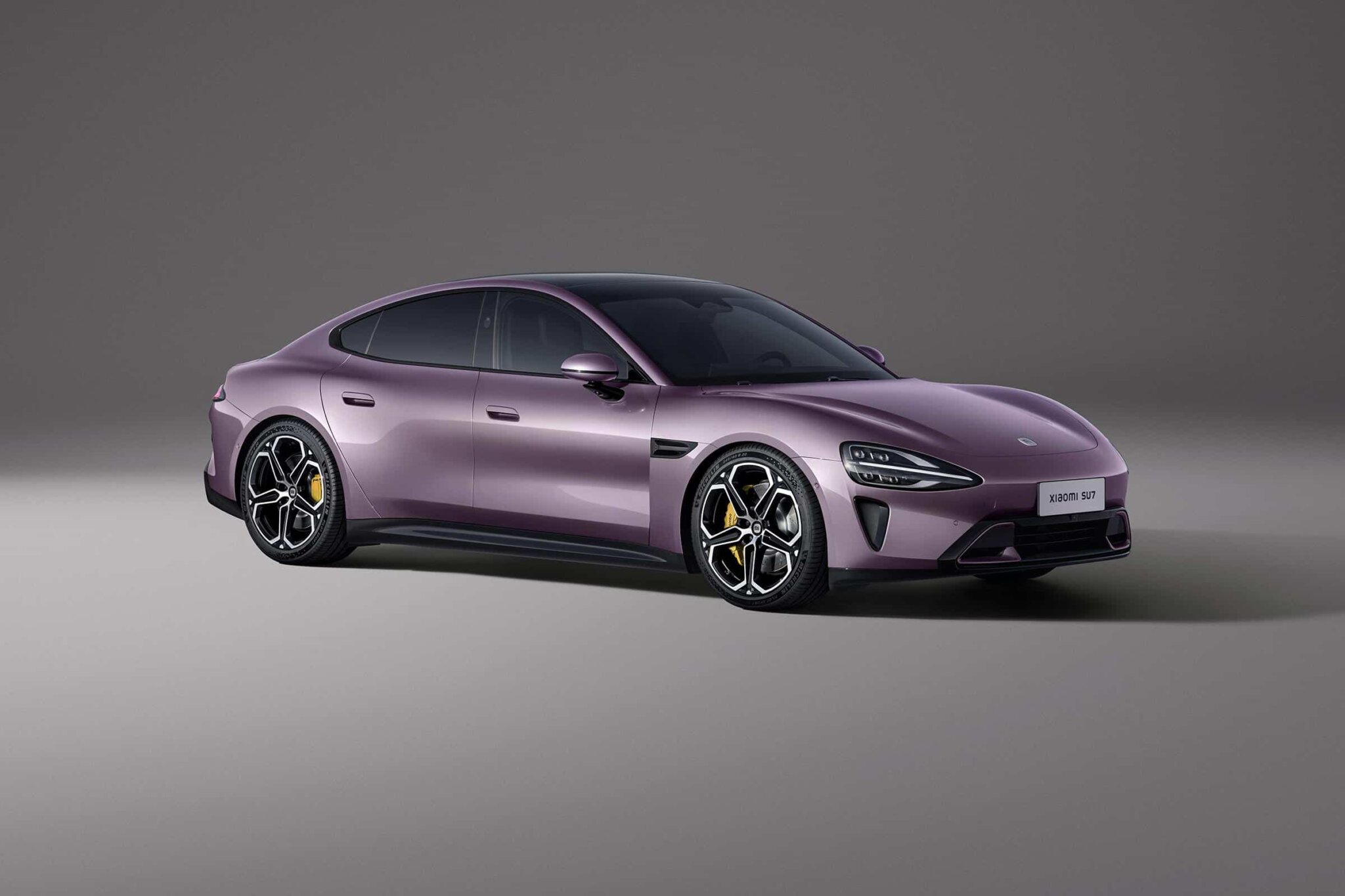Despite it being nearly two months since the Xiaomi SU7 launched barely a day goes by without the car or Xiaomi Auto founder Lei Jun making headlines. It might only be a car in metal but it is a juggernaut in PR, making it the launch of the year for the Chinese auto industry. The car though continues to attract both positive and negative stories in almost equal numbers. One of the latest was due to a misunderstanding about what Lei Jun said in a live broadcast about testing.
On May 18 in the live broadcast Lei Jun mentioned 150,000 to 200,000 kilometers and full life cycle. This was misinterpreted by some netizens to mean that the full product lifecycle of a Xiaomi SU7 was only 150-200,000 km.
Clarification has since come from Xiaomi over the remarks. It seems that Xiaomi is far exceeding the normal level of testing for the industry. Xiaomi claims that the number of SU7 test vehicles is 10 times the industry average and that the test mileage is around two to three times the industry level.
Xiaomi Auto says that the “ten times the investment, seriously build a good car” slogan is not an empty promise. In addition to standard test cars Xiaomi has put into testing a hundred SU7 cars produced in accordance with mass production standards. Typically test cars are from small batch production before mass production starts. These cars will continue to be tested and some will be tested to 150-200,000 km. This is to ensure that that new functions work and that there is more stable software and hardware integration. Xiaomi claim it is very rare in the industry to continue large-scale road testing after the launch of a car.
The Xiaomi SU7 underwent 5.4 million kilometers of testing before the official launch, which has now (May 19) reached nearly 7 million kilometers with a goal or reaching 11 million kilometers. Xiaomi claims that it is working hard everyday to build a car which exceeds industry standards and that it insists on full verification of new functions to ensure that after release it helps the car get better.
Earlier this month Xiaomi delivered the 10,000th SU7 and from next month a second shift will be added at the production plant in order to increase maximum capacity to 20,000 cars a month. So far the car has attracted more than 100,000 orders with wait times currently in the region of 30 weeks for every version meaning production for 2024 is already largely sold out.
There are currently three versions of the SU7 with the cheapest SU7 Standard going for 215,900 yuan (29,900 USD). Both the Standard and the Pro which sells for 245,900 yuan (34,000 USD) are rear wheel drive and have 400V architecture. The range topper is the SU7 Max which goes for 299,900 yuan (41,500 USD) and adds 800V architecture along with an additional motor on the front axle for blistering 2.78 second acceleration.





